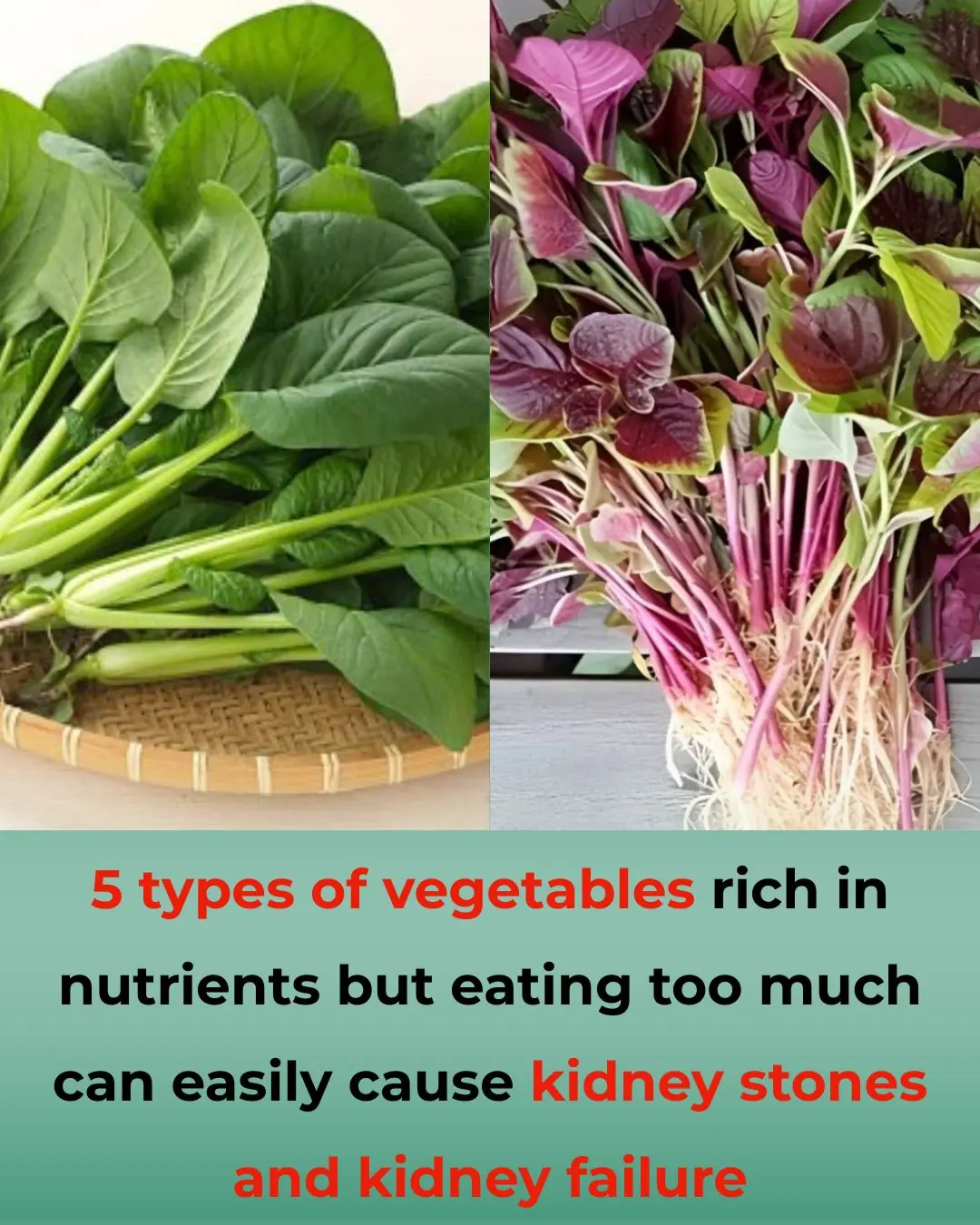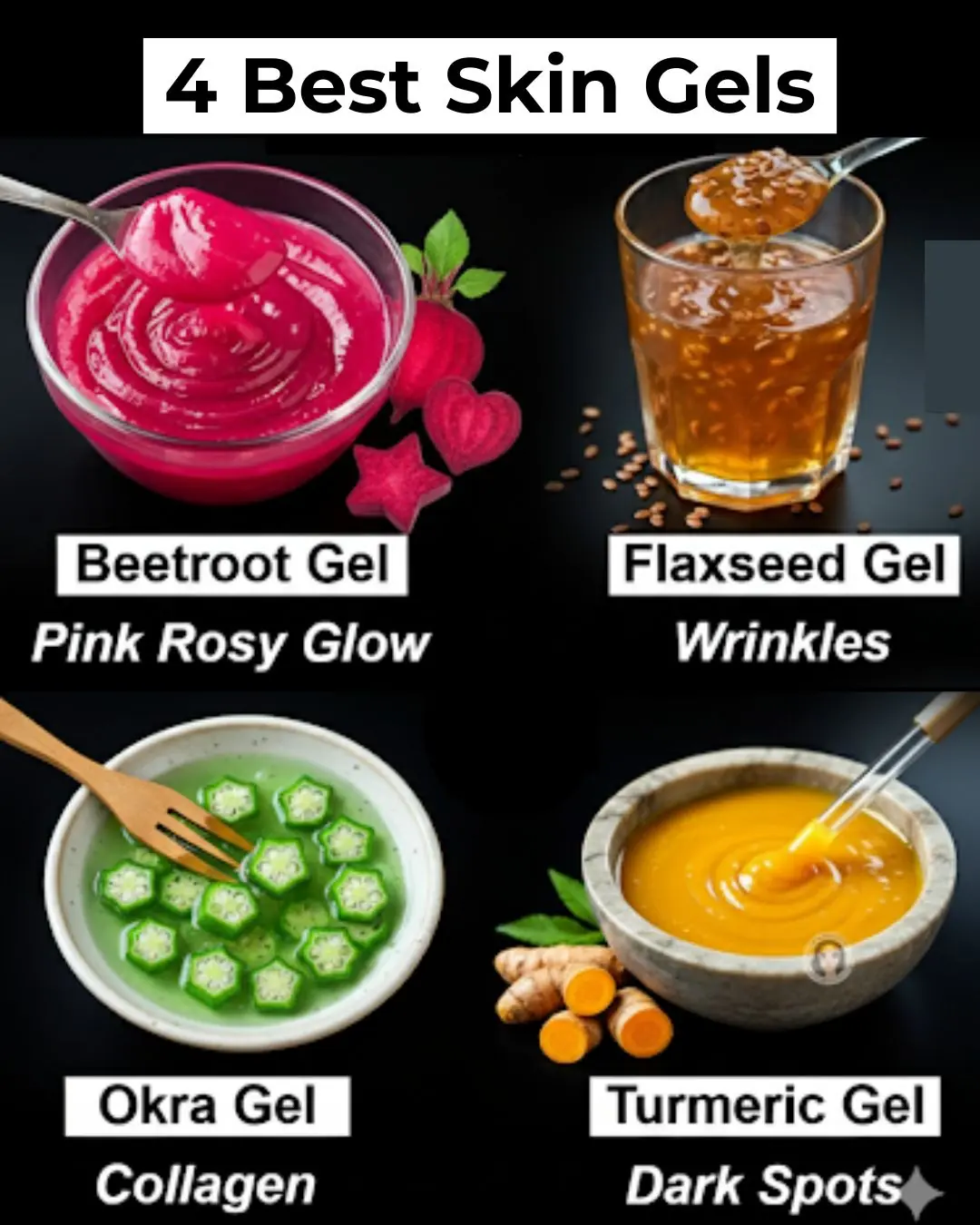
Mediterranean Diet May Ward Off Alzheimer’s Despite High-Risk Genes
A new study suggests that for individuals with a high genetic risk of developing Alzheimer's disease, following a Mediterranean diet could be a powerful way to prevent dementia. This research adds to previous findings that demonstrate how a diet rich in fruits, vegetables, whole grains, olive oil, beans, and fish can enhance brain health.
Yuxi Liu, PhD, the lead author and research fellow at Brigham and Women's Hospital in Boston, emphasized that genetics are not destiny. According to Liu, lifestyle choices like adopting a Mediterranean diet can still make a significant difference in reducing the risk of Alzheimer's, even for those with a genetic predisposition to the disease.
How Genes Influence Dementia Risk
Late-onset Alzheimer’s, which typically affects people 65 and older, is the most common form of the disease, accounting for an estimated 90 to 95 percent of cases. One of the biggest genetic risk factors for this form of dementia is the presence of the APOE4 gene variant. Individuals with one copy of the APOE4 gene are three to four times more likely to develop Alzheimer’s compared to those without it, and those with two copies face a 12-fold increased risk. About 15 to 25 percent of people have one copy of the APOE4 gene, while 2 to 5 percent have two copies.
Mediterranean Diet Reduces Dementia Risk by 35% for High-Risk Groups
To investigate how diet affects Alzheimer’s risk, the researchers recruited approximately 4,200 women, aged 57 on average, and 1,500 men, aged 63 on average. Participants completed questionnaires about their diets and provided blood samples, which allowed the researchers to measure the impact of diet on dementia-related metabolites. A subgroup of around 1,000 women also underwent regular telephone-based cognitive testing.
Over the course of up to 34 years, 485 women and 121 men developed dementia. The study, published in Nature Medicine, revealed that people with two copies of the APOE4 gene who followed a Mediterranean diet had a 35 percent lower risk of developing dementia compared to those with the same genetic profile who did not follow the Mediterranean diet. Those with one copy of APOE4 who followed the Mediterranean diet saw a 4 percent reduction in risk.
The researchers also found that higher adherence to the Mediterranean diet was associated with an even greater reduction in dementia risk.
Blood Tests Provide Clues About the Diet-Dementia Link
The study’s blood samples provided further insights into the relationship between diet and brain health. Researchers identified that carotenoids — natural compounds found in foods like leafy greens and fruits, which are abundant in the Mediterranean diet — may play a protective role against Alzheimer’s. This suggests that diet-derived metabolites could be part of the biological pathway linking nutrition to long-term cognitive health.
Experts View These Findings as a Breakthrough
Richard Isaacson, MD, an Alzheimer’s prevention expert and director of research at the Institute for Neurodegenerative Diseases in Boca Raton, Florida, called these results a “breakthrough.” He explained that many individuals with two copies of the APOE4 gene may have felt resigned to developing Alzheimer’s, but the Mediterranean diet has been shown to offer protection. Isaacson believes that this study could encourage high-risk individuals to adopt healthier eating habits.
He also highlighted the study's strengths, including its long follow-up period, large sample size, and the use of blood tests to confirm the positive effects of the Mediterranean diet. However, he pointed out that self-reported dietary habits can be inaccurate, and the study's focus on health professionals of European ancestry may limit its applicability to other populations.
Should You Get Tested for APOE4?
Routine testing for the APOE4 gene is not currently recommended for the general population, as the results cannot definitively predict whether someone will develop Alzheimer’s. Additionally, many people with the APOE4 gene never develop dementia, while many without the gene still do. If you are concerned about your risk, particularly if you have a family history of dementia, Liu recommends speaking to a healthcare provider.
Steps Toward Healthier Eating Habits
While everyone can benefit from a healthy diet, it may be particularly important for individuals at higher genetic risk for Alzheimer’s. Liu recommends the Mediterranean diet for its positive effects on cognitive health. This includes:
-
Eating mostly plant-based foods such as fruits, vegetables, legumes, nuts, and whole grains, along with fish and healthy fats like olive oil.
-
Limiting red and processed meats.
-
Minimizing alcohol intake.
-
Adding more leafy greens to meals.
-
Replacing butter with olive oil.
-
Choosing fish over red meat.
By following these guidelines, individuals can make healthier dietary choices that may help protect their brain health in the long run.
News in the same category


9 Convincing Reasons to Consume More Dates

Early-Stage Cancer May Not Hurt at First, But If You Notice These 8 Signs When Using the Bathroom, See a Doctor Immediately: Don’t Be Negligent

The surprising truth about eating eggs every day

7 Early Signs Your Body is Fighting Cancer

9-year-old dies after dental procedure

Unexplained Bruising on Your Body: Causes and Treatments

If your private parts smell fishy, it’s something you should be aware of

10 Hidden Signs Your Immune System Is Under Attack

15 Early Signs That May Indicate Cancer – According to Medical Experts

10 Common Habits That Are Secretly Harming Your Heart You Probably Didn’t Know

20 Powerful Foods That Fight Cancer and Boost Your Body’s Natural Defenses

6 Foods to Stabilize Hormones and Reduce Hair Loss in Women

How to Avoid 'Pork Worms' After a Man Developed Them in His Brain

Man Attacked by Hyenas Survives by Targeting Their Weak Points

Experts reveal seven reasons you shouldn't sleep in your underwear or risk health issues

The 5 Best We:ight-Lifting Exercises for Better Posture

8 Conditions That Can Be Mistaken for a Heart A::ttack or Heart Failure

10 Warning Signs of an Autoimmune Disease and How to Reverse It
News Post

Understanding Eye Floaters: Causes and When to Seek Help

9 Convincing Reasons to Consume More Dates

Scientists predict what influencers will look like in 2050 and it's horrifying

World-famous hacker reveals scary reason why you should never share iPhone chargers

Early-Stage Cancer May Not Hurt at First, But If You Notice These 8 Signs When Using the Bathroom, See a Doctor Immediately: Don’t Be Negligent

Crush This Bundle of Mugwort Leaves and Place It in Your Room — No Matter How Many Mosquitoes There Are, They’ll ‘Run Away’ and You Can Sleep Peacefully

Pouring White Sugar into Detergent: A Simple Trick Everyone Loves That Saves You Big Every Year

How True Love Shows Itself During Intimacy

The surprising truth about eating eggs every day

7 Early Signs Your Body is Fighting Cancer

9-year-old dies after dental procedure

Terri Irwin makes heartbreaking admission 19 years after Steve’s death

5 Nutritious Vegetables That Can Harm Your Kidneys If Eaten Too Much

7 Items You Should Never Store in the Freezer – Like Ticking Time Bombs

18 Powerful Foods That Help Detox Your Kidneys and Cleanse Them Naturally

15 Best Skin Gels for Glowing Skin & Wrinkles

Vaseline Uses and Benefits for Skin, Lips and Hair | Petroleum Jelly Benefits

🥚 What Happens to Your Body When You Eat 2 Eggs Every Day?

‘Miracle’ Moment: Cross Necklace Stops Bullet and Saves Man’s Life
